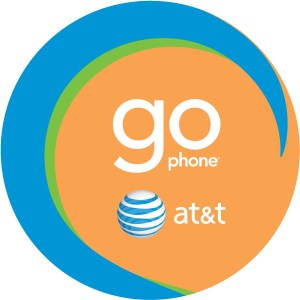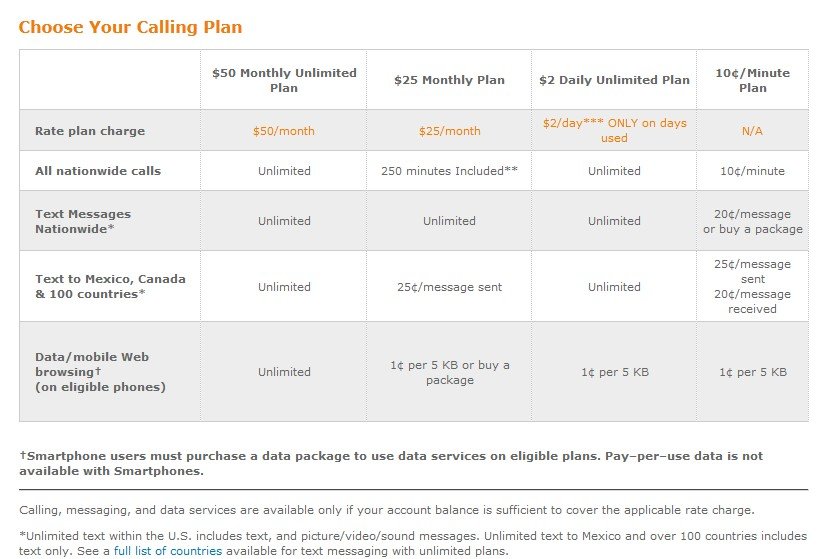 At a time when cable operators are more reluctant than ever to overbuild into another operator’s territory, something very strange is going on in central North Carolina.
At a time when cable operators are more reluctant than ever to overbuild into another operator’s territory, something very strange is going on in central North Carolina.
Time Warner Cable is moving into the neighborhood — one already receiving service from a community-owned cable operator. That would be like Time Warner moving into one of Comcast’s service areas. For some reason, those large cable companies completely avoid competing head-to-head, but where community-owned provider MI-Connection has managed to sign up around 15,000 customers for service, Time Warner Cable has also arrived.
 As a result, customers north of Charlotte, in communities around Davidson and Mooresville, are getting some amazing prices for cable television, phone, and broadband. Time Warner will even deliver an offer right to your front door.
As a result, customers north of Charlotte, in communities around Davidson and Mooresville, are getting some amazing prices for cable television, phone, and broadband. Time Warner will even deliver an offer right to your front door.
Susan Wagner in Mooresville got her deal when she threatened to cancel Time Warner Cable and return to MI-Connection.
“(Time Warner) gave everyone a really good offer when they first came in and then drove up the price after a while,” Wagner told the Charlotte Observer.
When Wagner called to cancel, Time Warner sent an employee to her door offering to slash her cable bill by $50 a month, enough to keep her business.
Other residents in nearby Cornelius are also getting prices substantially lower than residents in cities like Charlotte, where many residents have one choice for cable: Time Warner. Sam, a Stop the Cap! reader in the Morrison Plantation neighborhood, noted they skipped the last few rate increases from the cable company.
“You just call and tell them the rate is too high and as soon as they find out you have MI-Connection as an alternative, they lower the price,” he said. “My niece in Charlotte can’t get the same deal even when we gave her the details — it’s only good in areas where MI-Connection operates.”
 That leaves Charlotte residents paying $35-50 more a month than savvy customers further north can have for the asking.
That leaves Charlotte residents paying $35-50 more a month than savvy customers further north can have for the asking.
“It sounds like predatory pricing to me when the company offers a special low price that people like my niece are probably subsidizing on their higher bill,” Sam suspects.
The Observer reports Time Warner is also laying cable in other neighborhoods, such as Heritage Green, where the cable company is soliciting business from MI-Connection subscribers door-to-door.
MI-Connection’s CEO, David Auger, formerly from Time Warner Cable himself, claims he’s unconcerned about Time Warner’s aggressive overbuild of his service area.
But the state’s largest commercial cable company has been signing up some of MI-Connection’s current customer base and successfully holding its existing customers in place with significant discounts on service. Since last July, MI-Connection signed up 667 new customers, but also lost 577 others, most likely to Time Warner Cable.
MI-Connection was launched from the ashes of a bankrupt Adelphia Cable system acquired by the communities of Mooresville and Davidson. After investing in a needed system upgrade, the community owned provider relaunched service nearly identical technically to other cable systems. Unlike Wilson and Salisbury, where new fiber-to-the-home systems were built, MI-Connection offers a more traditional cable package.
That makes competition with Time Warner Cable more difficult, but the community provider is trying. Time Warner Cable’s regular pricing in the area runs $68.49 a month for 85 basic channels. MI-Connection sells 86 channels for $61.99. But when customers call Time Warner to complain about their higher prices, the cable operator dramatically lowers them to keep the customer’s business.
“The regular price only matters until you call and complain about it,” says Sam.
There have been complaints, but many of them are less about the cable bill and more about politics. MI-Connection has not come cheap either town, which had to cover some of the costs of a needed system upgrade and service installation, estimated to run about $1,000 for every new customer signed.
Last fall, mayoral challenger Vince Winegardner made local government involvement in broadband a political issue, saying the purchase of the cable system was a mistake. He lost his bid, but the system’s money needs remain a frequent topic of discussion in all of the communities involved in MI-Connection, and earlier this year the company company asked for $1.1 million from Davidson and Mooresville to ride out the rest of the fiscal year.
Time Warner’s recent interest in invading a fellow cable operator’s service area and slashing prices for those customers has raised the question whether their overbuild is about competition or predatory pricing to drive MI-Connection out of business.
Wagner doesn’t seem to mind either way, telling the Observer it is a “win-win” for her, scoring a lower cable bill with Time Warner.
But Sam isn’t so sure the savings will last.
“It seems pretty clear to me that Time Warner isn’t hurrying to compete with Comcast or Charter — just MI-Connection and that makes me suspicious,” Sam says. “After spending all that money to ban community broadband in the state, they now seem to be trying to drive out of business the handful of companies that were exempted.”
“My niece is probably paying for this right now on her cable bill too, and once MI-Connection is out of the way, those prices will shoot right back up,” Sam concludes.
 Time Warner Cable has expanded its national and regional sports lineup on its TV Everywhere online streaming app TWC TV in at least three large cities, with more to follow.
Time Warner Cable has expanded its national and regional sports lineup on its TV Everywhere online streaming app TWC TV in at least three large cities, with more to follow.

 Subscribe
Subscribe








